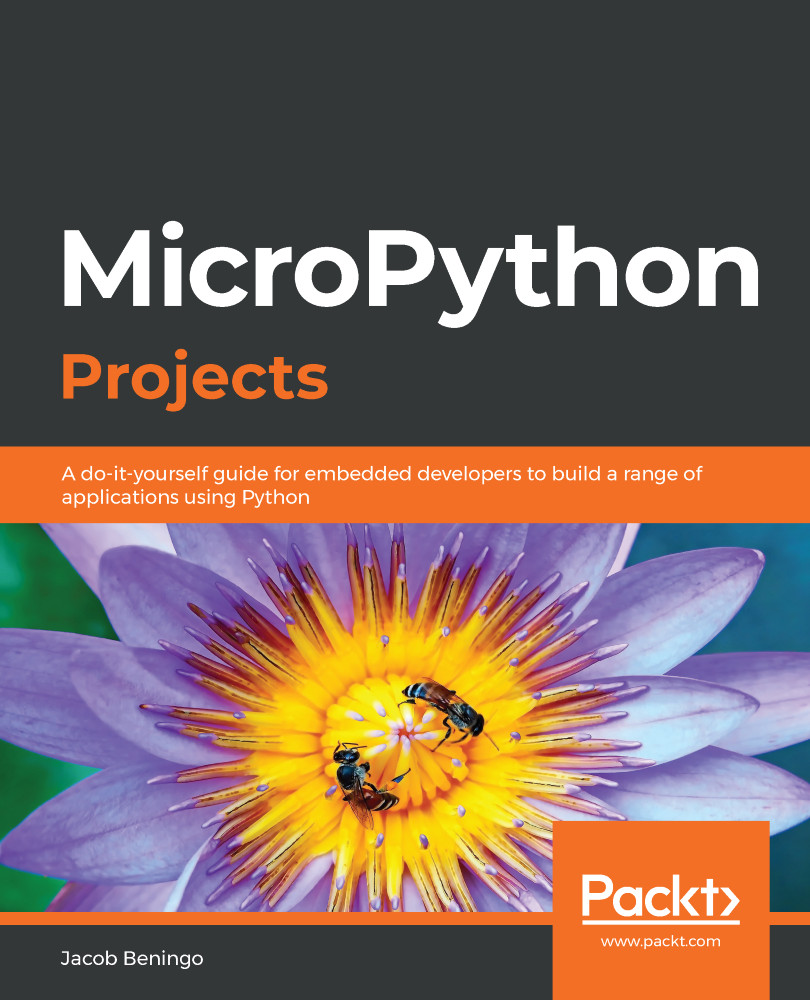There are several areas where we need to make careful considerations for our test harness. First, we need to consider the hardware requirements. When we develop our test harness, we may need to design and implement a hardware interface that will allow us to not just interact with the system but also verify various communication and control aspects of the software. This requires us to clearly define any additional hardware that will be required.
Second, we need to define what our software requirements will be. These include areas such as how the test harness will be executed, what's needed when it comes to reporting, and the language that will be used to execute our tests. In this section, we will explore these requirements and put together the requirements for the test harness that we will build to test our MicroPython code. Keep in mind that we...































































